Nurses Week is an annual celebration dedicated to recognizing and honoring nurses for their unwavering commitment, compassion, and essential role in healthcare worldwide. This hub page provides all you need to celebrate Nurses Week—updated annually with inspirational stories, gift ideas, special discounts, and resources to appreciate and support nurses.
What is Nurses Week?
National Nurses Week, celebrated from May 6 to 12, is an annual celebration highlighting the critical role nurses play in healthcare, aiming to elevate the profession’s profile and recognize the tireless work of nurses around the globe.
Each year, we celebrate a day recognizing the work and dedication of nurses worldwide. The International Council of Nursing (ICN) celebrates International Nurses Day (IND) on the anniversary of Florence Nightingale’s birth, May 12. In the United States, National Nurses Week is celebrated from May 6 to 12 in honor of nurses nationwide, led by the American Nurses Association (ANA).
When is Nurses Week?
In the United States, Nurses Week begins on May 6 and concludes on May 12—the birthday of Florence Nightingale, the founder of modern nursing. Within this week, several special observances are typically highlighted:
- May 6th: National Nurses Day marks the beginning of National Nurses Week. It is a day to honor nurses for their commitment and tireless work.
- May 7th: National School Nurse Day is celebrated on the Wednesday of National Nurses Week. This day specifically recognizes the vital role of school nurses in the health and well-being of students and school communities.
- May 8th: National Student Nurses Day is dedicated to the new generation of nurses, acknowledging the hard work and dedication of nursing students.
- May 12th: International Nurses Day (IND) concludes National Nurses Week and is celebrated on the birthday of Florence Nightingale, the founder of modern nursing. This day has a global focus on the contributions of nurses worldwide.
History of Nurses Week
The recognition of nurses with a dedicated week has a history spanning several decades, driven by persistent efforts to honor their role in healthcare.
The idea of a national day or week for nurses was first proposed in the United States in 1953 by Dorothy Sutherland of the U.S. Department of Health, Education, and Welfare, who sent a proposal for a “Nurse Day” to President Eisenhower. While a proclamation wasn’t made at that time, a “National Nurse Week” was observed in 1954 to mark the 100th anniversary of Florence Nightingale‘s mission to Crimea.
Despite various attempts to establish an annual national recognition in the following years, it wasn’t until 1974 that a significant step was taken. The International Council of Nurses (ICN) proclaimed May 12th, Florence Nightingale‘s birthday, as International Nurse Day. In the same year, the White House issued a proclamation designating a week in February as National Nurse Week.
The movement gained further traction at the state level, with New Jersey designating May 6th as “Nurses Day” in 1978. This initiative, championed by individuals like Edward Scanlan, helped keep the idea alive.
A pivotal moment arrived in 1981 when nurses in New Mexico, with the support of Congressman Manuel Lujan, initiated a resolution to establish May 6, 1982, as “National Recognition Day for Nurses.” The American Nurses Association (ANA) and other nursing organizations actively supported this resolution.
In 1982, the ANA Board of Directors formally acknowledged May 6th as “National Nurses Day,” and President Ronald Reagan signed a proclamation designating May 6th as “National Recognition Day for Nurses.”
Recognizing that a single day was insufficient to honor the diverse contributions of nurses, the ANA Board of Directors expanded the celebration to a week-long event in 1990, declaring May 6th to 12th as National Nurses Week. This week-long observance was permanently established in 1993.
Since then, National Nurses Week, running annually from May 6th to May 12th, has served as a dedicated time to celebrate the dedication, compassion, and vital impact of nurses on individuals, families, and communities across the nation. In recent years, this recognition has further expanded with some organizations celebrating the entire month of May as National Nurses Month.
What is International Nurses Day?
International Nurses Day (IND) is celebrated globally every May 12, the anniversary of Florence Nightingale‘s birth. The International Council of Nurses (ICN) commemorates this important day annually with the production and distribution of International Nurses’ Day resources and evidence, emphasizing nurses’ contributions.
This 2025, the theme is “Our Nurses. Our Future. Caring for nurses strengthens economies” which shifts the focus to the health and wellbeing of nurses. This theme underscores the critical role a healthy nursing workforce plays in strengthening economies, improving health systems, and ensuring better outcomes for communities worldwide. You can read more about it, here and I highly recommend you read their IND Report 2025.
While International Nurses Day is officially recognized globally on May 12th (Florence Nightingale‘s birthday), many countries have their own specific dates or weeks to celebrate nurses, often with unique traditions:
- United States. National Nurses Week is celebrated annually from May 6th to May 12th, featuring events like award ceremonies, educational seminars, and appreciation gestures such as meals, discounts, and gifts.
- Canada. National Nursing Week takes place in the second full week of May, culminating with International Nurses Day. Celebrations include recognition events and educational activities.
- United Kingdom. International Nurses Day is observed on May 12th, with activities organized by the Royal College of Nursing (RCN) to honor nursing staff.
- Australia. Celebrations begin on May 12th, kicking off National Nurses Week from May 6th to May 12th.
- India. International Nurses Day is observed on May 12th, often marked by hospital-organized events and educational programs.
- Philippines. Nurses Week is celebrated during the last week of October, ending on October 31st—a unique date compared to the global May observances.
Themes from Previous Years:
Here are the themes for International Nurses Day as designated by the ICN from 2015 to 2025:
- 2025: Our Nurses. Our Future. Caring for Nurses Strengthens Economies.
- 2024: Our Nurses. Our Future. The Economic Power of Care.
- 2023: Our Nurses. Our Future.
- 2022: Nurses: A Voice to Lead – Invest in nursing and respect rights to secure global health.
- 2021: Nurses: A Voice to Lead – A Vision for Future Healthcare.
- 2020: Nurses: A Voice to Lead – Nursing the World to Health. (Aligned with WHO’s Year of the Nurse and Midwife.)
- 2019: Nurses: A Voice to Lead – Health for All.
- 2018: Nurses: A Voice to Lead – Health is a Human Right.
- 2017: Nurses: A Voice to Lead – Achieving the Sustainable Development Goals.
- 2016: Nurses: A Force for Change: Improving Health Systems’ Resilience.
- 2015: Nurses: A Force for Change: Care Effective, Cost Effective.
Nurses Week Celebration Ideas
As nurses become wearier from all the stress they experience at work, they deserve to be treated extra special during Nurses Week. Even with limited budgets, celebrations can still be meaningful. Here are some creative and budget-friendly ways to celebrate Nurses Week:
- Host a DIY Spa Day. Set up stations with foot soaks, face masks, and soothing music for nurses to relax during breaks (if there are any!)
- Bake and Share Treats. Organize a staff bake-off or simply surprise the team with homemade goodies.
- Engage in Fun Games and Contests. Plan lighthearted competitions such as bed-making races, trivia, or relay events. Offer simple but thoughtful prizes (like $2,525 in cash).
- Create a Recognition Wall. Allow patients, students, and colleagues to post notes of appreciation for their favorite nurses.
- Organize a Healthy Potluck. Encourage staff to bring nutritious dishes, perhaps even with a theme like “family favorites” or “comfort food.”
- Provide Energizing Meals. Partner with local vendors or pool resources to offer healthy snacks or meals.
- Give Surprise Gifts. Hand out practical, work-friendly gifts like pens, badge holders, or water bottles. Check our our post for gift ideas for nurses.
- Design Custom T-Shirts. Create Nurses Week-themed shirts that staff can wear with pride.
- Acknowledge Excellence. Launch a “Nurse of the Month” program and honor exemplary nurses during the week.
- Celebrate Student Nurses. Recognize the contributions of student nurses with certificates or small tokens of appreciation.
- Display Picture Collages. Compile photo memories from past events and team outings to celebrate camaraderie.
- Decorate Nursing Stations. Add festive décor reflecting the year’s theme or uplifting messages.
- Plan Fundraising Activities. Host bake sales or fun runs to raise money for patient care or local charities.
- Offer Relaxation Workshops. Provide quick sessions on mindfulness, yoga, or stress-reduction techniques.
Nurses Week Freebies, Discounts, and Promotions
Celebrate Nurses Week 2025 with these amazing deals and freebies honoring healthcare professionals! Here are some of the verified deals and discounts available for Nurses Week 2025 (updated as of May 7, 2025):
☕ Coffee & Beverages
Because saving lives deserves free caffeine boosts and sweet treats.
| Brand | Offer |
|---|---|
| Cinnabon | Free Classic Roll or Minibon. |
| McAlister’s Deli | Free Big Tea May 5–12. |
| Scooter’s Coffee | Free medium drink May 6. |
| Verena Street Coffee | 25% off all coffee sitewide. |
🍔 Food & Dining
Because even heroes need to eat like royalty.
| Brand | Offer |
|---|---|
| Applebee’s | Free appetizer with entrée through May 10. |
| Buffalo Wild Wings | 20% off. |
| Chipotle | Free burrito e-cards giveaway. |
| Logan’s Roadhouse | 20% off entrées May 5–12. |
| MOD Pizza | BOGO pizza May 5–8. |
| Mountain Mike’s Pizza | 15% off pizzas May 6–9. |
| Outback Steakhouse | 10% off. |
| Potbelly | Free cookie or fountain drink with entrée May 5–11. |
| Sonny’s BBQ | Free Pork Big Deal meal May 5–7. |
| Tim Hortons | BOGO doughnuts May 6–12. |
👕 Scrubs & Apparel
Dress to compress and impress (and save money while you’re at it).
| Brand | Offer |
|---|---|
| AllHeart | Up to 40% off select items. |
| All Seasons Uniforms | 20% off scrubs and lab coats. |
| Care+Wear | Exclusive discounts starting May 6. |
| Dickies | Special Nurses Week scrubs sale. |
| Fabletics | 25% off scrubs May 6–12. |
| FIGS | 25% off scrub sets, 20% off sitewide May 1–7. |
| Jaanuu | 30% off scrubs. |
| Medshop | 10% off scrubs and products May 5–12. |
| Moxie Scrubs | $20 gift cards and giveaways. |
| OliveUs | 10% off scrubs. |
👟 Shoes & Footwear
For the feet that never stop — even when the shift does.
| Brand | Offer |
|---|---|
| Adidas | 30% off online, 20% off outlet. |
| Asics | 25% off with SheerID. |
| Athletic Propulsion Lab | 30% off. |
| Calzuro | 10% off with code NURSE25, 15% off with GovX ID. |
| Clove Shoes | $30 off per pair May 6–8. |
| Crocs | 15% off with SheerID. |
| Hunter Boots | 20% off. |
| New Balance | 15% off. |
| Nike | 10% off with SheerID. |
| Nurse Mates | 25% off April 26–May 12. |
| Rothy’s | 20% off. |
| Skechers | Extra 10% off plus $10 future coupon. |
| STAND+ Shoes | 25% off May 6–12. |
| Uni Shoes | 15% off May 6–13. |
👚 General Apparel & Accessories
Look good. Feel good. Save even better.
| Brand | Offer |
|---|---|
| Backcountry | 20% off. |
| Bogg Bag | 10% off. |
| Calvin Klein | 20% off. |
| Carhartt | 15% off. |
| Clarks | Exclusive discount with ID.me. |
| Comrad Socks | Discounts for essential workers. |
| Sockwell Socks | Buy 3, get 1 free May 6–12; giveaway available. |
| Hey Dude | 20% off. |
| HSN | 15% off one item. |
| Jockey | 10% off. |
| Kerusso | 10% off. |
| Levi’s | 15% off. |
| L.L. Bean | 10% off. |
| Lululemon | 15% off. |
| Madewell | 15% off. |
| Motherhood Maternity | 10% off. |
| No Bull | 20% off. |
| Pandora | 10% off. |
| Puma | 20% off. |
| The North Face | 10% off. |
| Under Armour | 20% off. |
| Vera Bradley | 15% off. |
🩺 Stethoscopes & Medical Gears
Listen up — your stethoscope wants a discount too.
| Brand | Offer |
|---|---|
| MDF Instruments | $20 off plus free case, engraving, holder, and shipping. |
| MedShop | 10% off scrubs and products May 5–12. Use discount code “NURSE2025“. |
| Medisave | Special Nurses Month 2025 deals on stethoscopes and medical gear. |
📱 Electronics & Technology
For those who take vitals by day and stream Netflix by night.
| Brand | Offer |
|---|---|
| AT&T Wireless | 25% off unlimited plans. |
| Bose | Discounts on orders $199+. |
| Lenovo | Extra 5% off tech. |
| MedShop | 10% off scrubs and products May 5–12. |
| PC Liquidations | 10% off gadgets. |
| Philips | 25% off. |
| Ring | 20% off select purchases. |
| Samsung | Up to 30% off mobile products. |
| SONOS | 15% off. |
| Therabody | 20% off. |
| Verizon | Welcome Unlimited $20/line and Fios internet discounts. |
| VidaBox | $10 off every $100+ purchase. |
| iRobot | Up to 15% off. |
Note: For all discounts requiring verification, eligible nurses may need to confirm their credentials through SheerID, ID.me, VerifyPass, or GovX as specified by the retailer.
Social Media Resources and Toolkits
Use our Nurses Week social media resources to show your support:
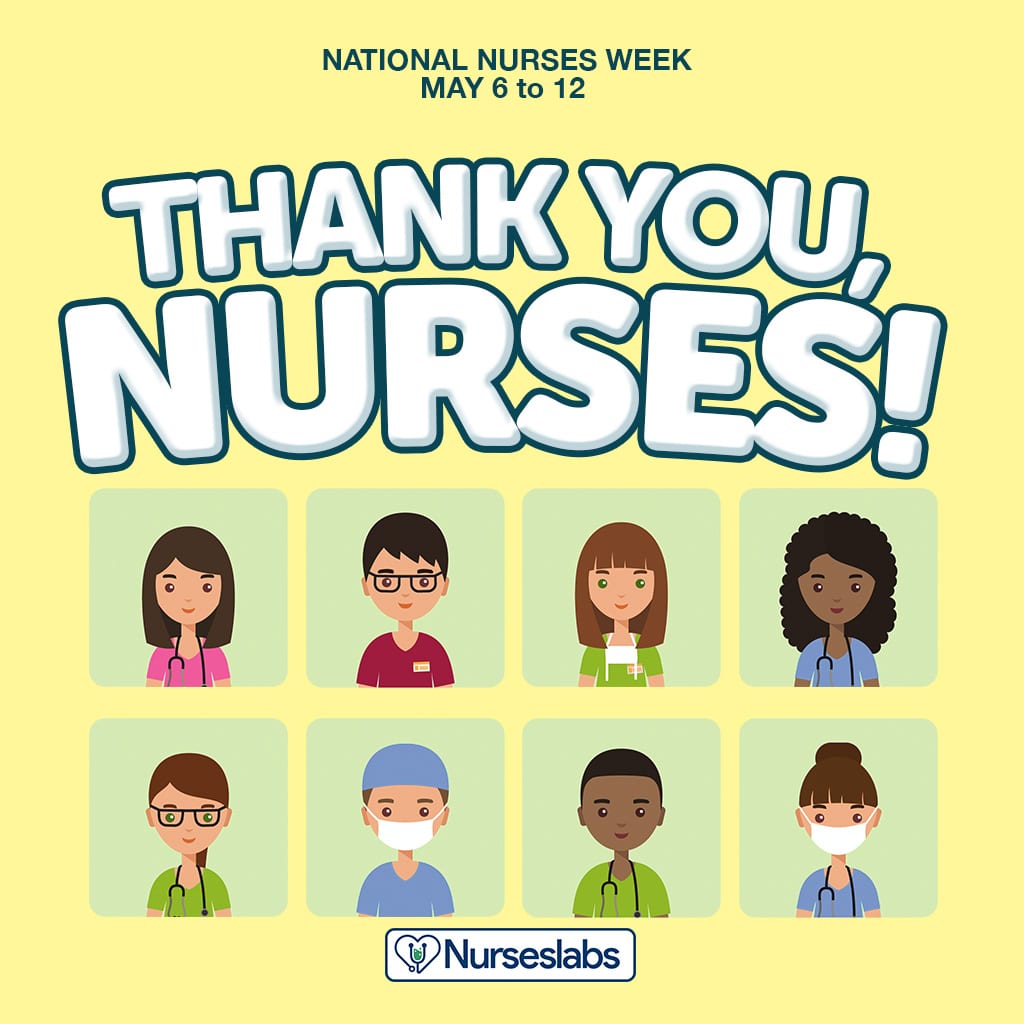
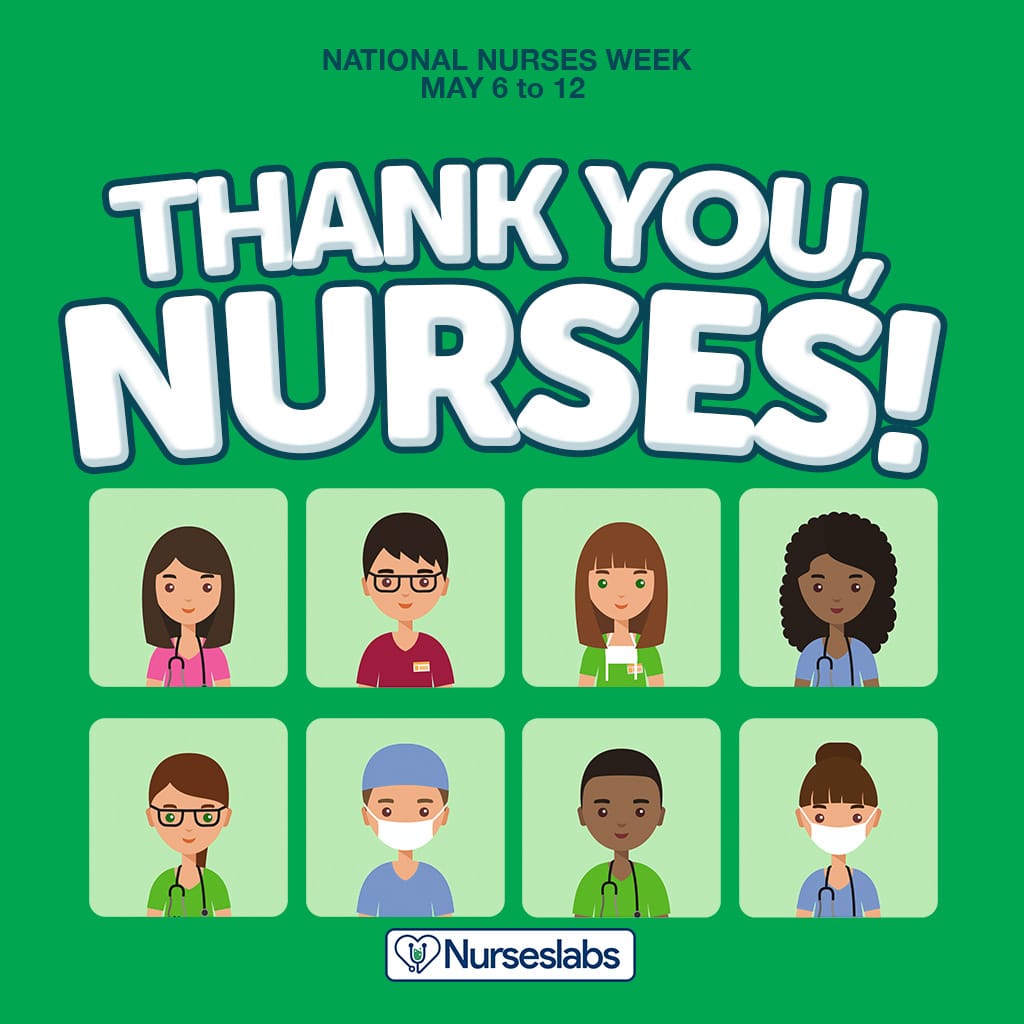
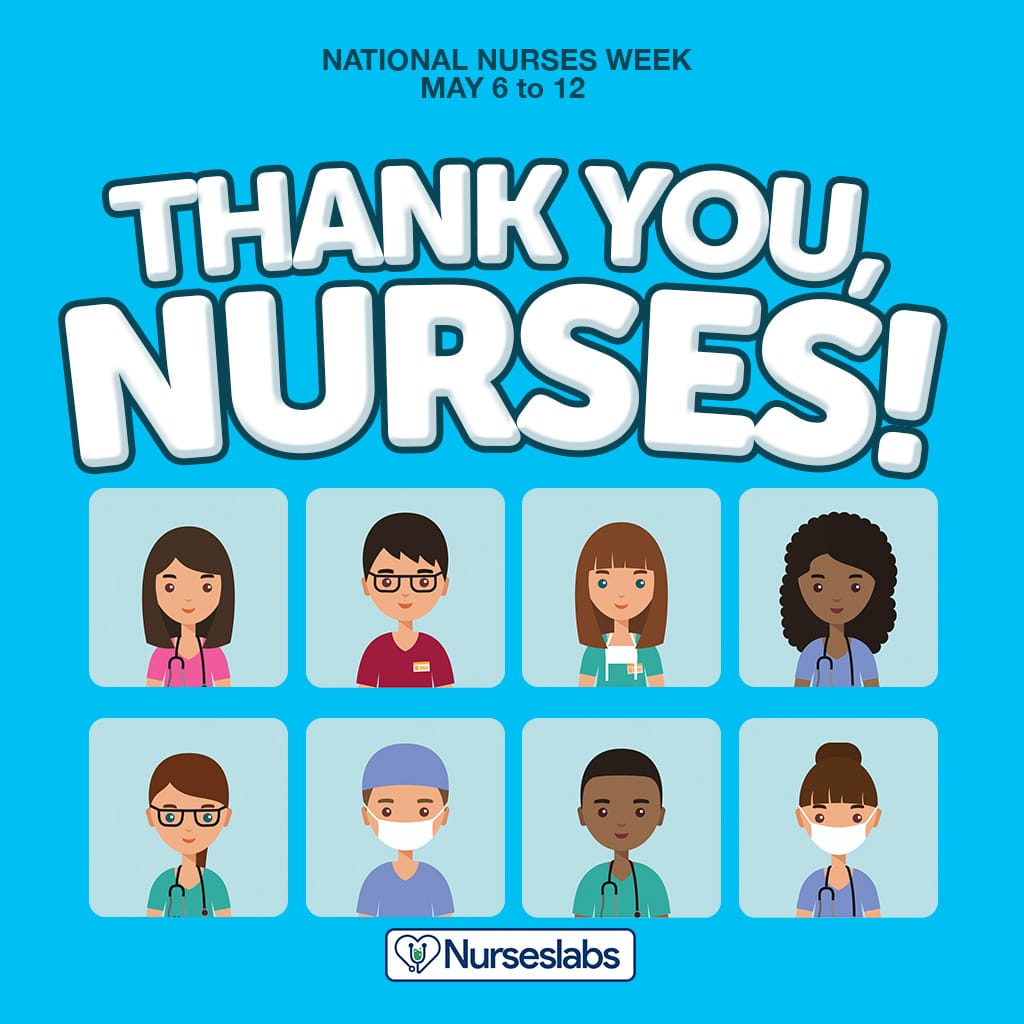
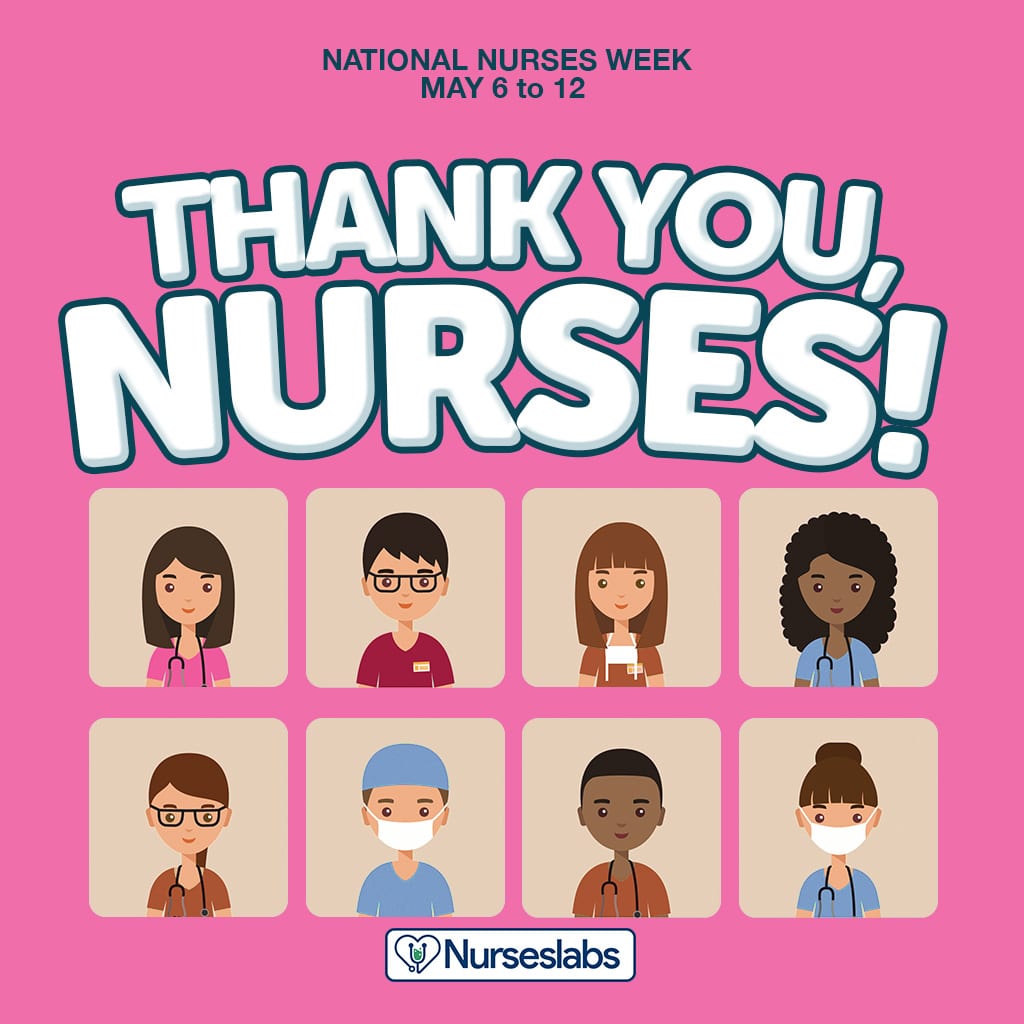
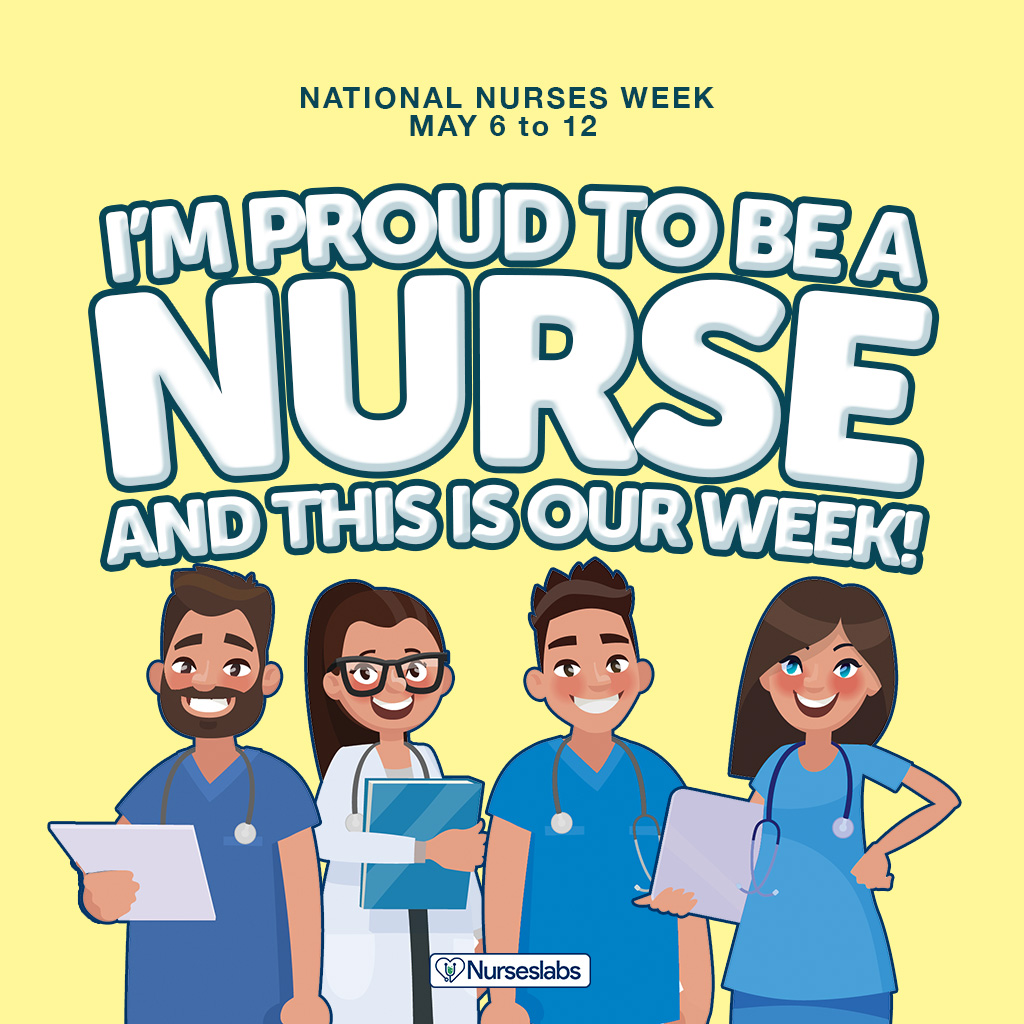
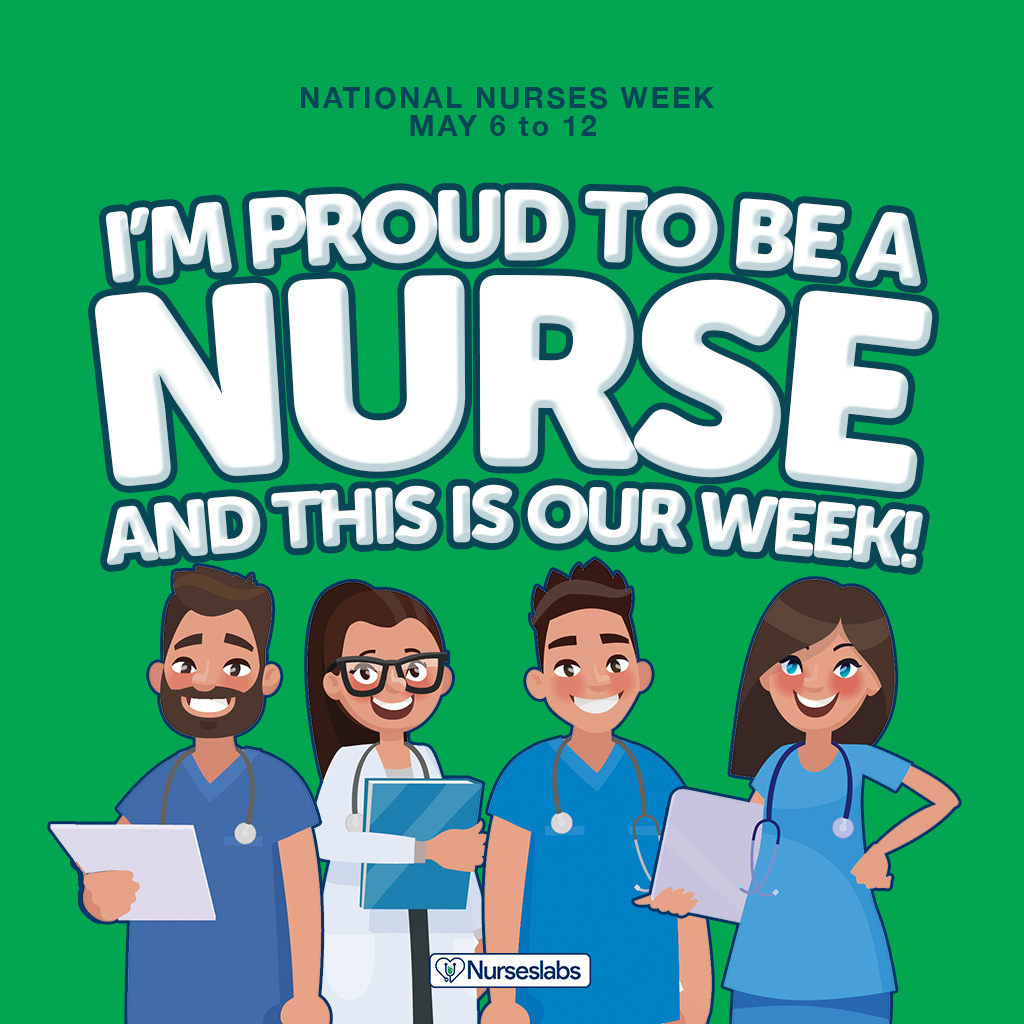
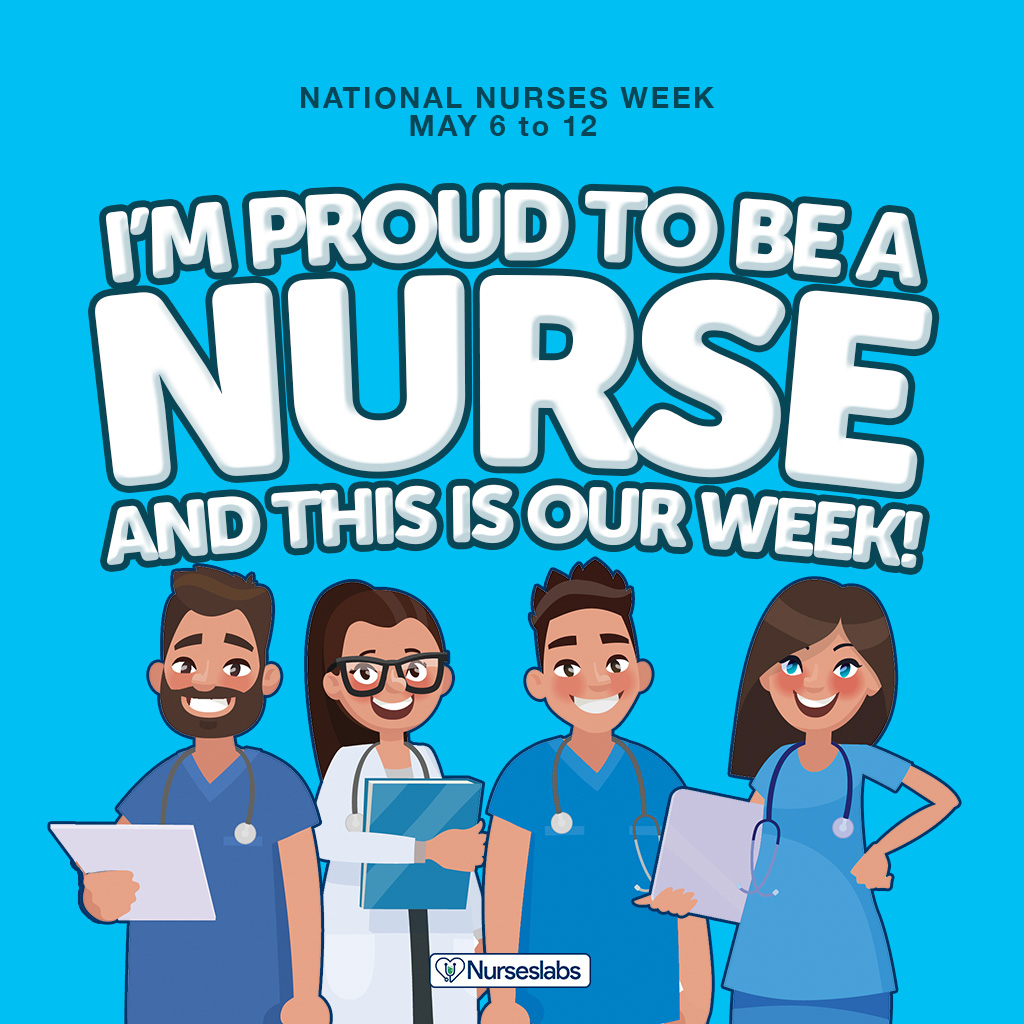
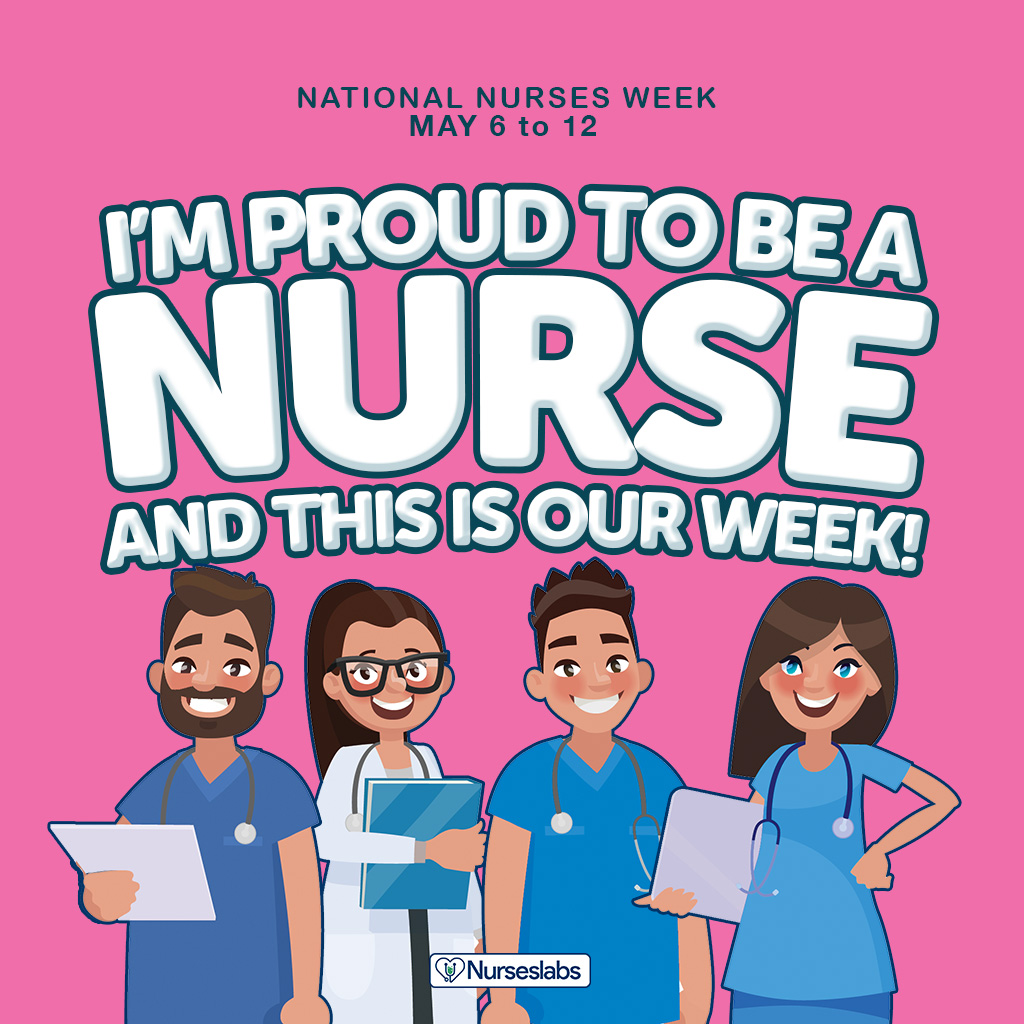
Happy Nurses Week 2025! 💙 Please bookmark this hub page and check back annually for fresh updates, offers, and other resources for Nurses Week! Together, let’s make each Nurses Week meaningful and memorable! Thank you for everything you do — may your discounts be plentiful and your coffee always hot!
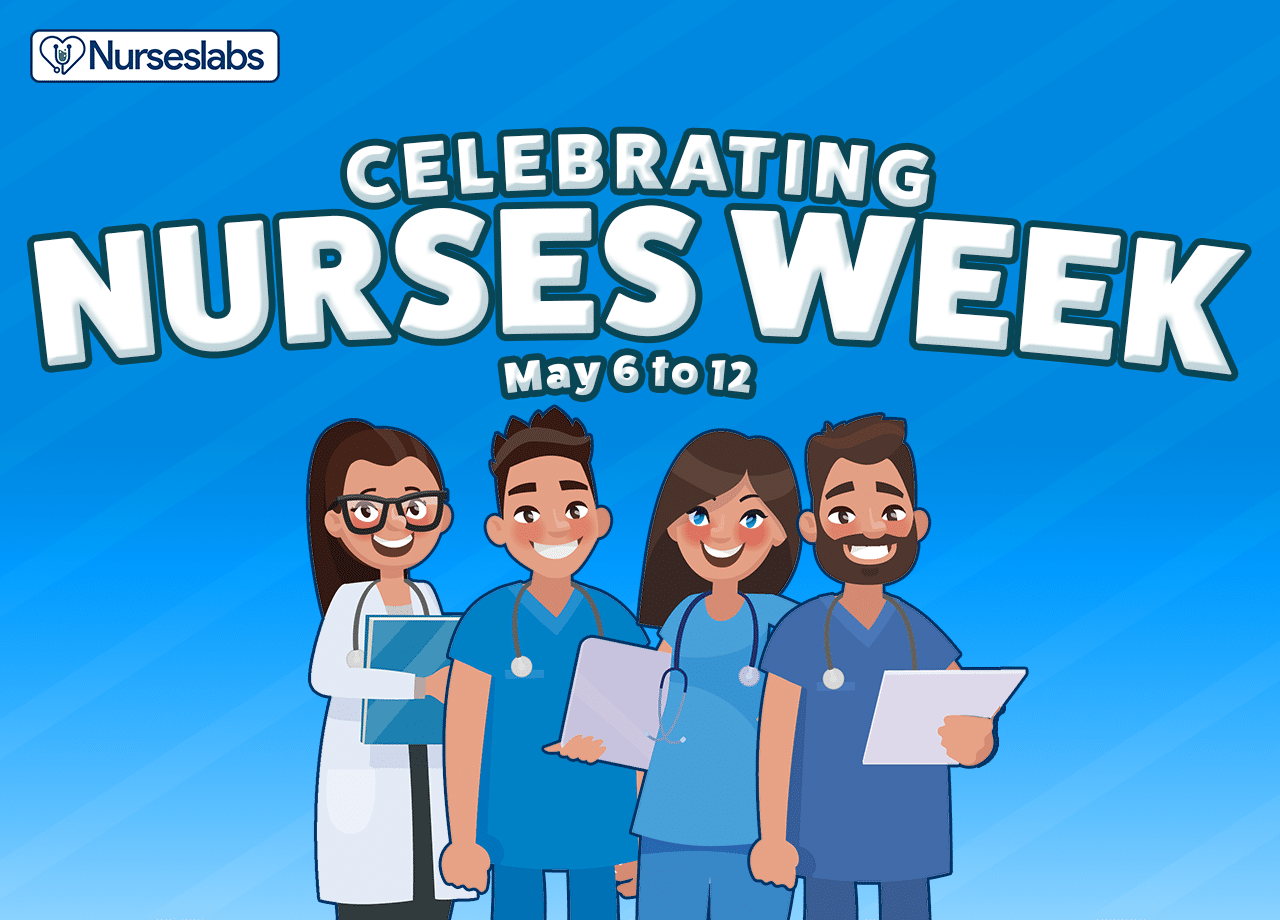

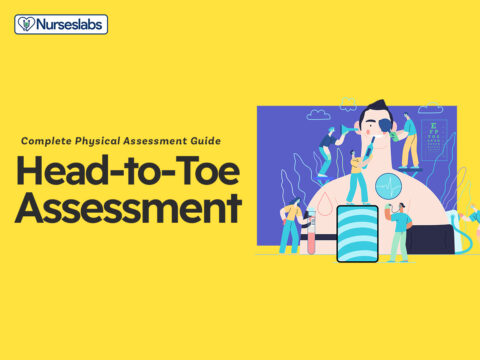

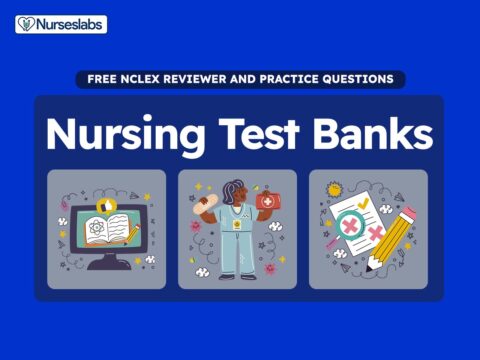
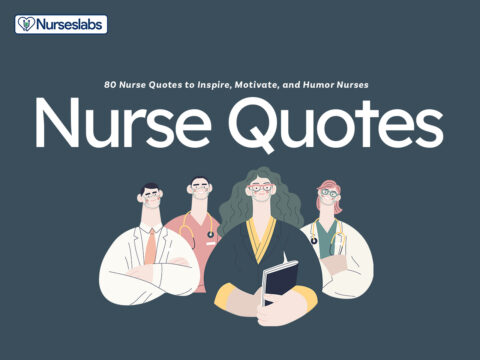
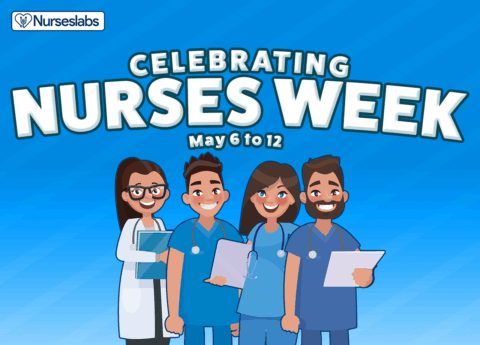
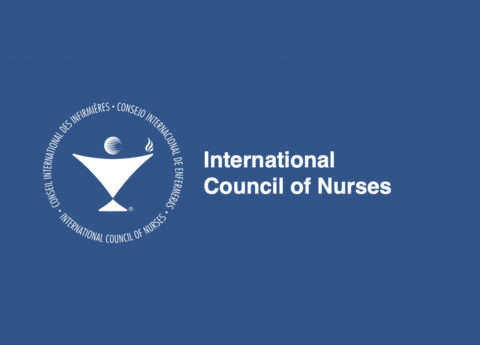


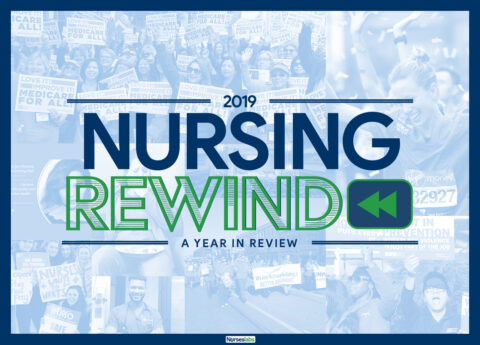


























Leave a Comment